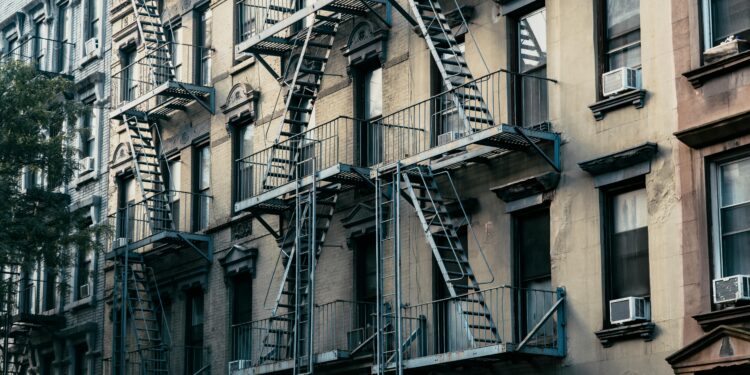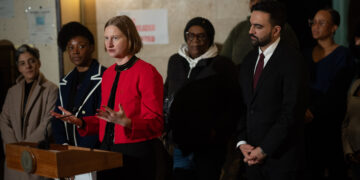The New York City Rent Guidelines Board (RGB) will hold a re-vote on its preliminary rent increase ranges for stabilized leases on May 27th at 10 a.m., following internal discussions and public feedback. The move could result in revised figures ahead of the board’s final vote in June.
In April, the board approved preliminary increases of 1.75% to 4.75% for one-year leases and 4.75% to 7.75% for two-year leases starting October 1st. However, sources familiar with the board’s internal deliberations indicated that the initial proposal for two-year leases had a lower top-end percentage than what was ultimately approved.
The upcoming re-vote is unusual. Observers noted that the board rarely revisits preliminary figures once voted on. This decision marks a significant departure from past practices.
Mayor Eric Adams, who appoints all nine members of the board, previously criticized the 7.75% upper limit as too high amid the city’s housing crisis. He pointed to New York’s low 1.4% rental vacancy rate and affordability concerns. While City Hall stated it did not formally request the re-vote, officials acknowledged the board may be responding to the mayor’s remarks.
The final vote, scheduled for June 30, will determine rent adjustments for nearly one million rent-stabilized apartments across the city—roughly one-third of New York’s rental housing stock. The RGB’s annual decisions often draw differing reactions from tenant advocacy groups and property owners. Tenants typically argue for minimal increases to address affordability, while landlords highlight rising operating and maintenance expenses.
Although the board may revise its proposal, its final rates have historically fallen within the initially approved ranges. Stakeholders are encouraged to follow updates via the NYC Rent Guidelines Board website.
For broader context on housing data, the U.S. Census Bureau and the NYC Housing and Vacancy Survey offer resources on affordability trends and vacancy figures. The results of the re-vote may influence policy discussions around rent stabilization and housing regulation in the city.










